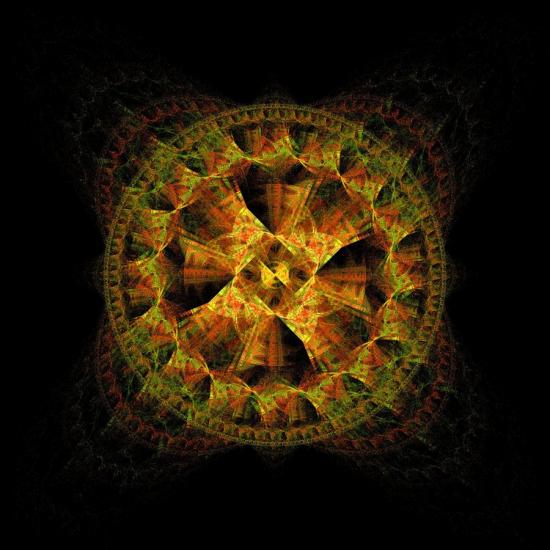BY LETTER
Gnosticism, Classical
 Image from John B |
Old Earth Classical Age religio-philosophical dualistic memeticity that posited a fundamental opposition of spirit and matter. According to Classical Gnosticism the cosmos was an "error" created by an inferior deity. Spirit which is the principle of light is imprisoned in matter (the the cosmos) and has to be freed, usually by spiritual knowledge (gnosis), asceticism, antinomianism, or other approaches.
Classical Gnosticism was a diverse group of Old Earth religio-philosophical dualistic memetics, dating from the classical age. These memetics were generally united in the teaching that humans are divine souls trapped in a material world, which was created by a 'false god' — the demiurge. Depending on the specific faction, the demiurge was seen either as an embodiment of evil, or merely an imperfect being as benevolent as its inadequacy permits.
Since the Gnostics considered the material world to be either a prison or an imperfect simulacrum of a higher-order reality, they sought to escape from it. Death was no escape, as divine souls would simply be reincarnated into another body. Only spiritual knowledge, gnosis, allows one to break free from the material realm.
Classical Gnosticism is still practiced in many places in the Terragen sphere, though their contempt for worldly and material goals keeps their influence and numbers limited.
Related Articles
- Cosmognosticism - Text by M. Alan Kazlev
Generic pantheistic or acosmist religious cosmology or philosophy popular in parts of the Sophic League which explains the universe in terms of a long series of emanations from a transcendent Godhead. Not world negating in the sense of classical gnosticism, although it shares the same baroque vision of spiritual planes of existence, gods, archetypes, and worlds beyond worlds. - Cybergnosticism - Text by Anders Sandberg in Transhuman Terminology
The belief that the physical world is impure or inefficient, and that existence in the form of "pure information" is better and should be pursued. - Escapist Gnosticism
- Universal Freedom Gnostics (UFGs)
Appears in Topics
Development Notes
Text by M. Alan Kazlev, Glen Finney
Image by John B
Initially published on 24 September 2001.
Image by John B
Initially published on 24 September 2001.






